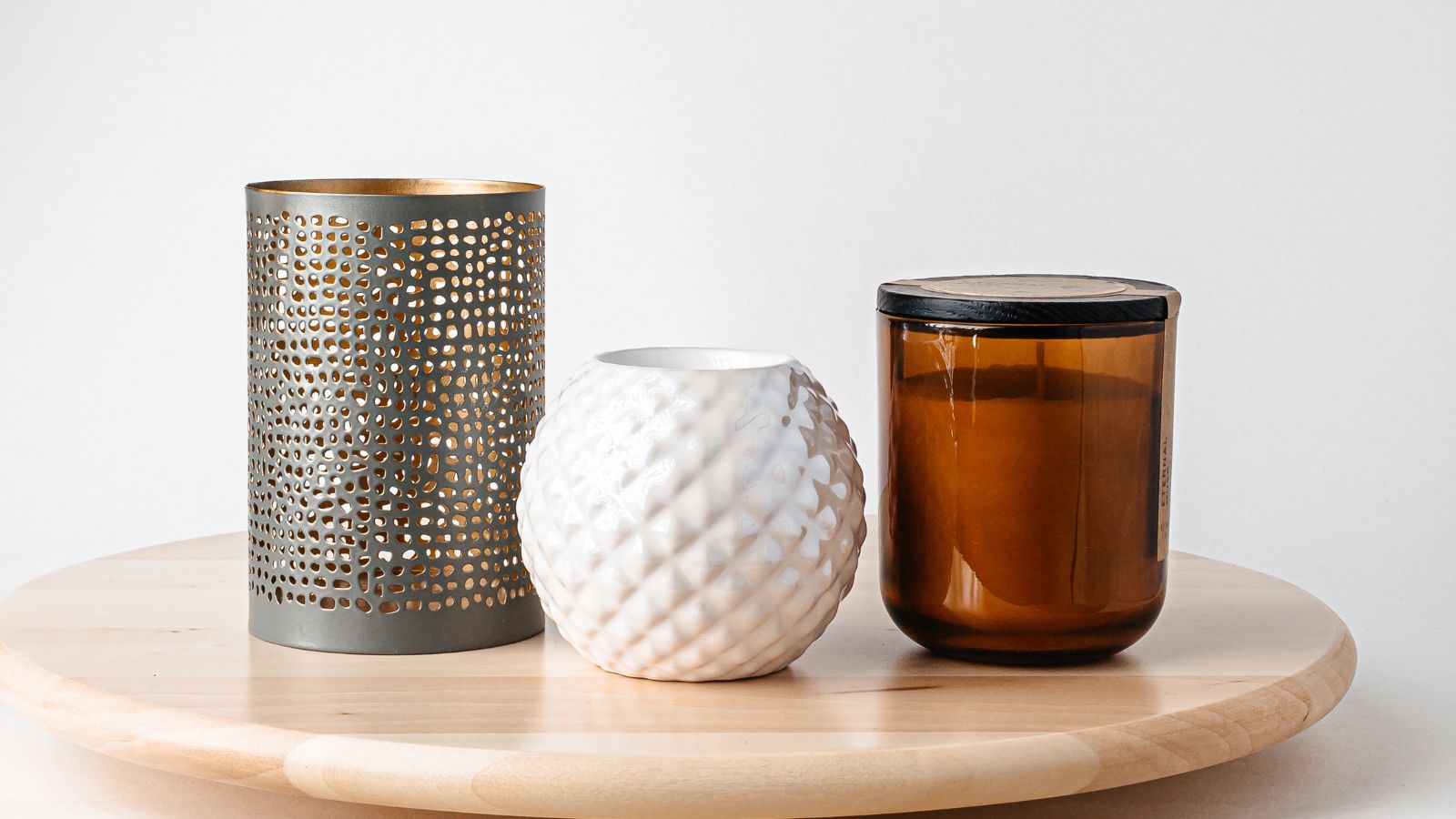You may not realize that the everyday items you use on the regular pose serious dangers to your health and the environment in many ways. To show you what we mean, take a look at the following everyday items that are some of the most harmful around.
Antibacterial Soaps

Triclosan, commonly found in antibacterial soaps, can contribute to antibiotic resistance and even disrupt hormone function, which is pretty concerning. Meanwhile, regular soap and water are just as effective for cleaning hands and reducing the spread of germs without the negative side effects associated with triclosan.
Microwave Popcorn

The lining of microwave popcorn bags commonly contains perfluorooctanoic acid (PFOA) and other chemicals, and regular exposure to these can lead to cancer. Concerningly, these substances can migrate into the popcorn during cooking, so it might be wiser to stick to traditional stovetop popcorn.
Plastic Food Containers

Despite claiming to be microwave-safe, some plastic containers can secrete harmful chemicals like BPA and phthalates into food when heated. To avoid this risk, consider using glass containers instead, which are generally far safer alternatives for storing and reheating food. They’re better for the environment, too.
Bottled Water

While convenient, Healthline reminds us that plastic bottled water contains harmful chemicals like BPA and phthalates, which can disintegrate into the water and pose potential health risks, especially if you reuse them. Switching to reusable, BPA-free bottles is a safer alternative, and it also helps to reduce plastic waste, too.
Non-Stick Cookware

Many chefs swear by non-stick cookware, but these pots and pans have coatings that contain perfluorooctanoic acid (PFOA). When heated, PFOA can release toxic fumes, which is awful for your lungs. Ceramic or stainless steel cookware offers a healthier, chemical-free cooking experience while maintaining non-stick benefits without the associated dangers.
Air Fresheners

Few people realize that air fresheners often contain volatile organic compounds (VOCs) that contribute to indoor air pollution. Prolonged exposure to this can lead to respiratory issues and other health problems later in life, so it’s wiser to use natural alternatives like essential oils and freshen your home without harmful chemicals.
Cleaning Products

The harsh chemicals found in household cleaning products can irritate the skin and respiratory system, yet you probably use them every day. Natural cleaning solutions, such as vinegar and baking soda, are severely underrated, as they’re just as effective, safer, and more eco-friendly.
Synthetic Fragrances

Harmful chemicals like phthalates are sometimes used to make synthetic fragrances, commonly found in personal care products and candles. These substances can actually disrupt your hormones and cause allergic reactions, so try to find products with natural fragrances or a phthalate-free label instead.
Sunscreen

Chemicals like oxybenzone and octinoxate are found in a lot of sunscreen brands, and they are awful for marine life, especially as they’re commonly used at the beach. Mineral-based sunscreens with zinc oxide or titanium dioxide provide effective sun protection without these harmful side effects, so that’s worth considering.
Cosmetics

Parabens are preservatives that are linked to hormone disruption, yet they’re commonly found in cosmetics, which is pretty shocking. Checking labels and choosing paraben-free products can reduce the risk of exposure to these harmful chemicals, promoting healthier skin and more natural hormone function.
Nail Polish

Chemicals such as formaldehyde, toluene, and dibutyl phthalate (DBP) can be found in many nail polish products, which is pretty harmful. It’s not just bad for your nails; these substances can cause respiratory issues, too, so opt for “3-free” or “5-free” nail polishes as a safer alternative.
Canned Foods

Bisphenol-A (BPA), found in the lining of many canned foods, can leak into the food and pose significant health risks. It’s been banned in many countries for its links to hormonal disruptions, yet it’s still around in the U.S., so look out for BPA-free cans as an alternative.
Mattresses

Whilst they’re essential, mattresses often contain flame retardants and other chemicals that can ruin indoor air quality. These substances have been linked to health problems such as respiratory issues and hormone disruption, but thankfully, organic or natural mattresses made from latex or wool don’t have this problem.
Toothpaste

A lot of popular toothpaste brands use triclosan and other chemicals that can be harmful to health, contributing to antibiotic resistance and other health concerns. Choosing natural toothpaste with simple, safe ingredients, such as charcoal, can provide far superior oral care without such terrifying side effects.
Dry-Cleaned Clothes

Chemicals like perchloroethylene (perc) used in dry cleaning can linger on clothes and pose health risks to those who wear them, as these chemicals have been linked to respiratory issues and other health problems. Thankfully, eco-friendly dry cleaning services do exist, and they won’t be using these harmful chemicals.
Old Paint

Believe it or not, lead-based paint was once very common, and concerningly, it can still be found in older homes. Lead exposure can cause developmental issues in children and countless other severe health problems, so it might be worth paying for a house inspection to ensure your house is lead-free.
Carpet

Toxic chemicals used in the production of carpets and their adhesives can off-gas and affect indoor air quality, leading to respiratory issues and other health concerns. Choosing carpets made from natural fibers and using low-VOC adhesives is a simple solution to this problem, helping you keep a healthier home environment.

